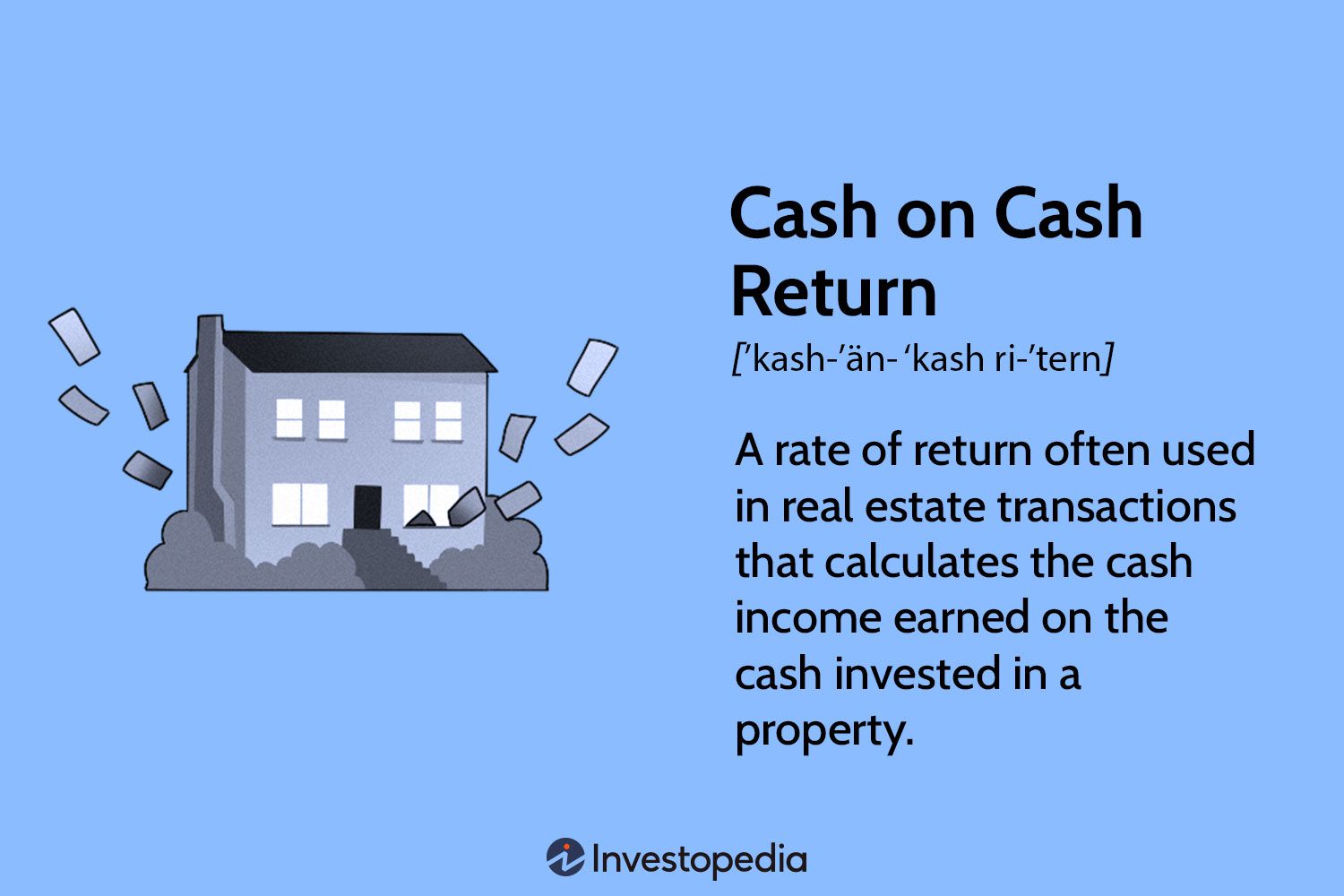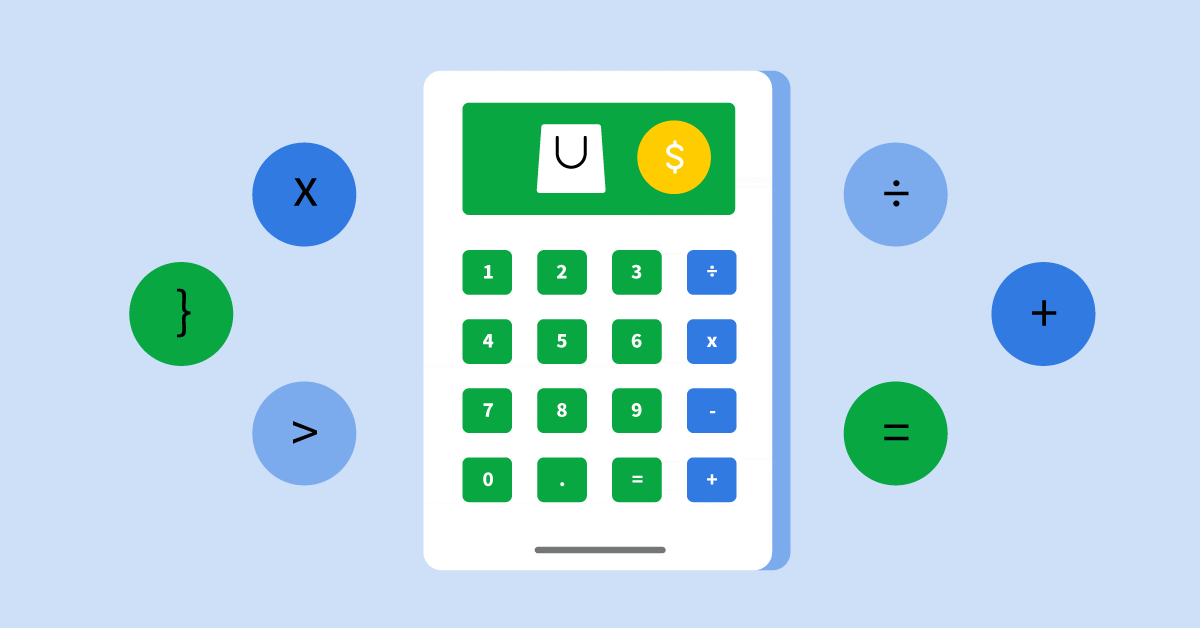Do Returns Count as Expenses?
Introduction
When managing your personal finances or running a business, it’s essential to keep a close eye on expenses. Expenses impact your bottom line and can significantly affect your financial health. While it’s clear that purchases and bills are considered expenses, many people wonder whether returns should also be classified as expenses. In this article, we will explore the concept of returns and their relationship to expenses.
Understanding Expenses
Before delving into the question of whether returns count as expenses, let’s first establish a solid understanding of what expenses are and how they are typically categorized.
Definition of Expenses
Expenses are the costs associated with the operation of a business or the management of personal finances. They represent the outflows of money or resources used to generate revenue or maintain daily life. Expenses can take many forms, including:
- Operating Expenses: These are ongoing costs necessary to keep a business running, such as rent, utilities, and salaries.
- Cost of Goods Sold (COGS): These are expenses related to the production of goods or services, including raw materials and labor.
- General and Administrative (G&A) Expenses: These include office supplies, insurance, and other overhead costs.
- Personal Expenses: These are the costs of living, such as housing, transportation, and groceries, for individuals and families.
Now that we have a clear definition of expenses, let’s address the main question of this article: Do returns count as expenses?
Returns and Expenses
Returns, in the context of business or personal finances, occur when you send back a purchased item to the seller or provider due to various reasons. It might be because the product is defective, not as expected, or simply unwanted. When it comes to classifying returns as expenses, it’s essential to differentiate between two distinct scenarios: returns on products you purchased for personal use and returns related to business operations.
Personal Returns
Personal Returns and Expenses

Do returns count as expenses?
In the case of personal returns, the answer is relatively straightforward. Returns on products or services you purchased for personal use are not considered expenses. When you return an item to a store or cancel a service subscription, you are essentially reversing the initial purchase. The financial impact is that your money is refunded, and the transaction effectively “undoes” itself.
However, it’s crucial to understand that while personal returns are not expenses, they can affect your budget. If you had initially accounted for the purchase in your budget and then return the item, your available funds will increase, but your overall financial situation remains unchanged.
Impact on Personal Finances
Personal returns may impact your personal finances indirectly, such as by affecting your cash flow. If you’re waiting for a refund, it might temporarily tie up your money until the return is processed. Nonetheless, these are not ongoing expenses but rather financial fluctuations resulting from the return process.
Business Returns
Business Returns and Expenses
For businesses, the relationship between returns and expenses is more complex. In a business context, returns can indeed impact expenses, but it depends on how they are handled.
- Cost of Goods Sold (COGS): If a business deals with returned products that were initially included in their inventory and then removed due to returns, it can affect the cost of goods sold. This, in turn, impacts the company’s profitability and income statement.
- Operating Expenses: Operating expenses may also be affected if the return process involves additional costs, such as shipping or handling fees associated with processing returns.
- Customer Returns Reserve: Some businesses set up a “customer returns reserve” to account for expected returns, which can be considered a form of expense as it affects the company’s financial reserves.
- Revenues and Sales: It’s worth noting that revenue from the initial sale can also be adjusted when a return occurs, which can ultimately impact a company’s financial performance.
Accounting for Business Returns
In accounting, returns are typically accounted for through a contra-revenue account. This account is used to offset the revenue generated from sales and reflects the negative impact of returns on a company’s financial statements. Contra-revenue accounts effectively reduce the reported revenue, indirectly affecting expenses and, consequently, the bottom line.
Importance of Proper Accounting
The way returns are accounted for can significantly impact a business’s financial statements and its profitability. Therefore, it’s crucial for businesses to have a clear and consistent accounting method for handling returns.
Conclusion
In conclusion, the treatment of returns as expenses depends on whether they occur in a personal or business context. In personal finances, returns are not considered expenses but rather a reversal of a previous purchase. In contrast, returns in a business setting can affect expenses, especially when they are associated with the cost of goods sold and additional operational costs.
Proper accounting and financial management are essential for accurately reflecting the impact of returns on a company’s financial statements. Understanding how returns are accounted for is crucial for maintaining the financial health and integrity of both personal and business finances.


